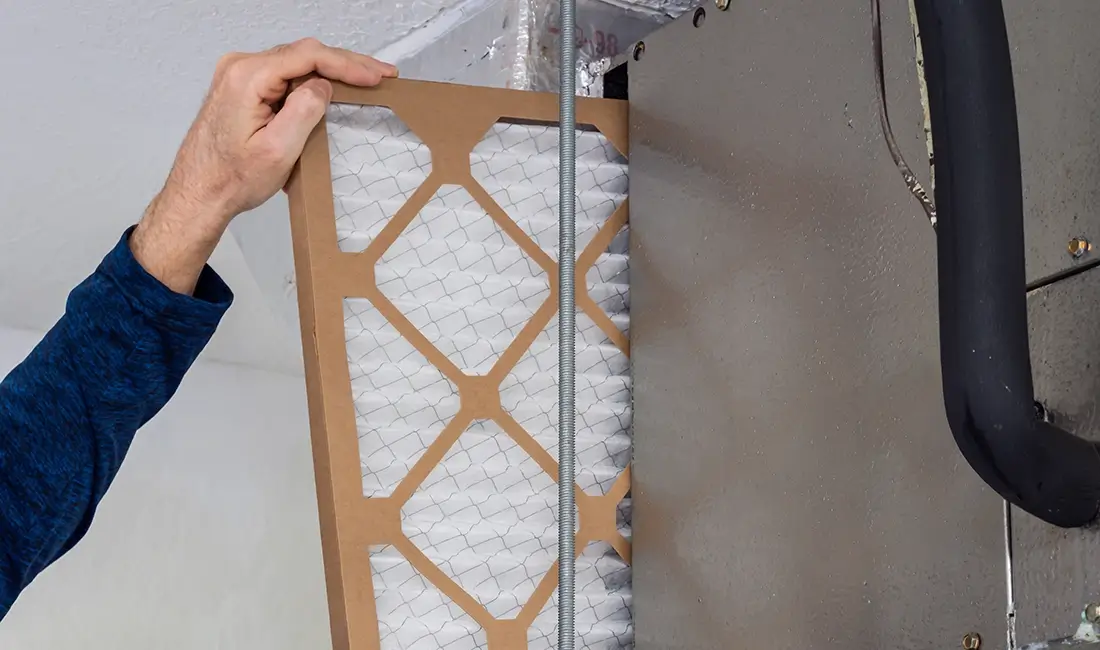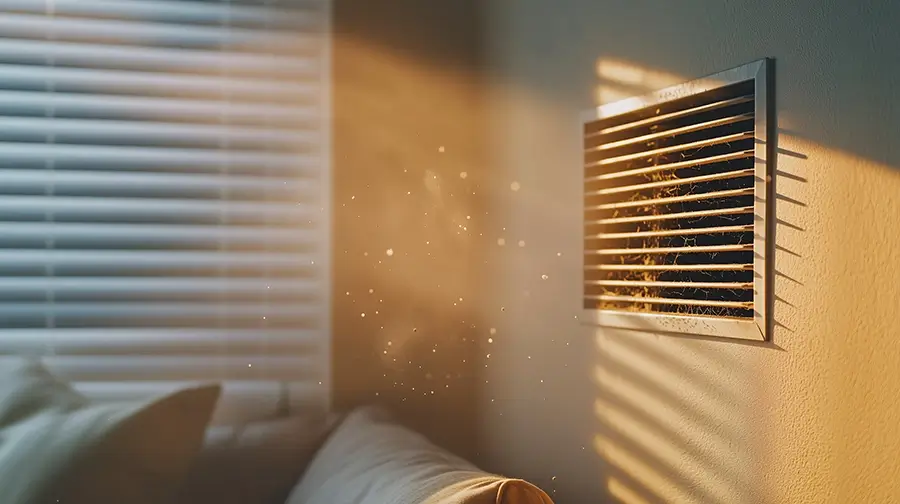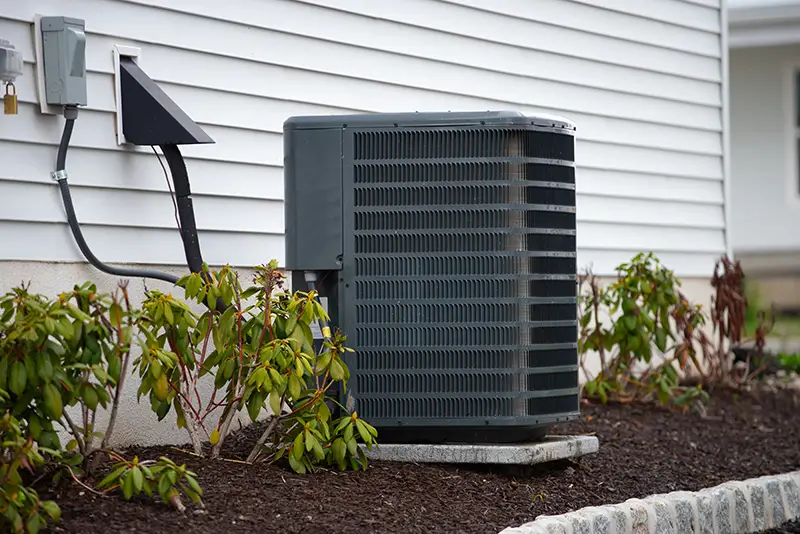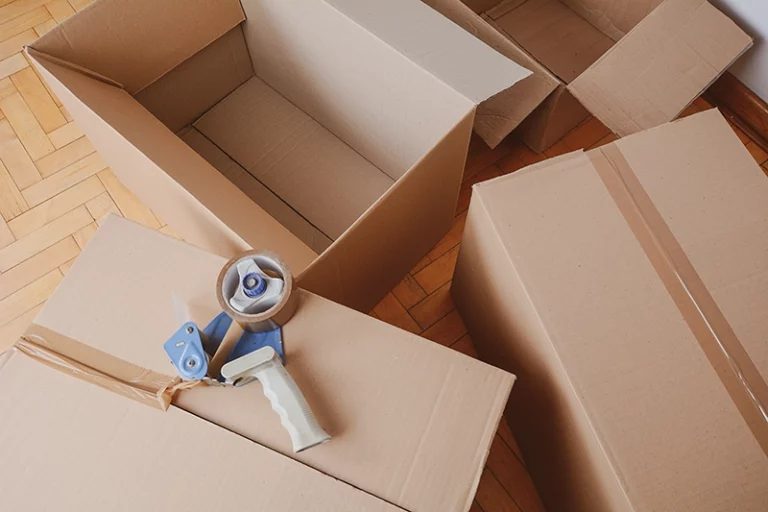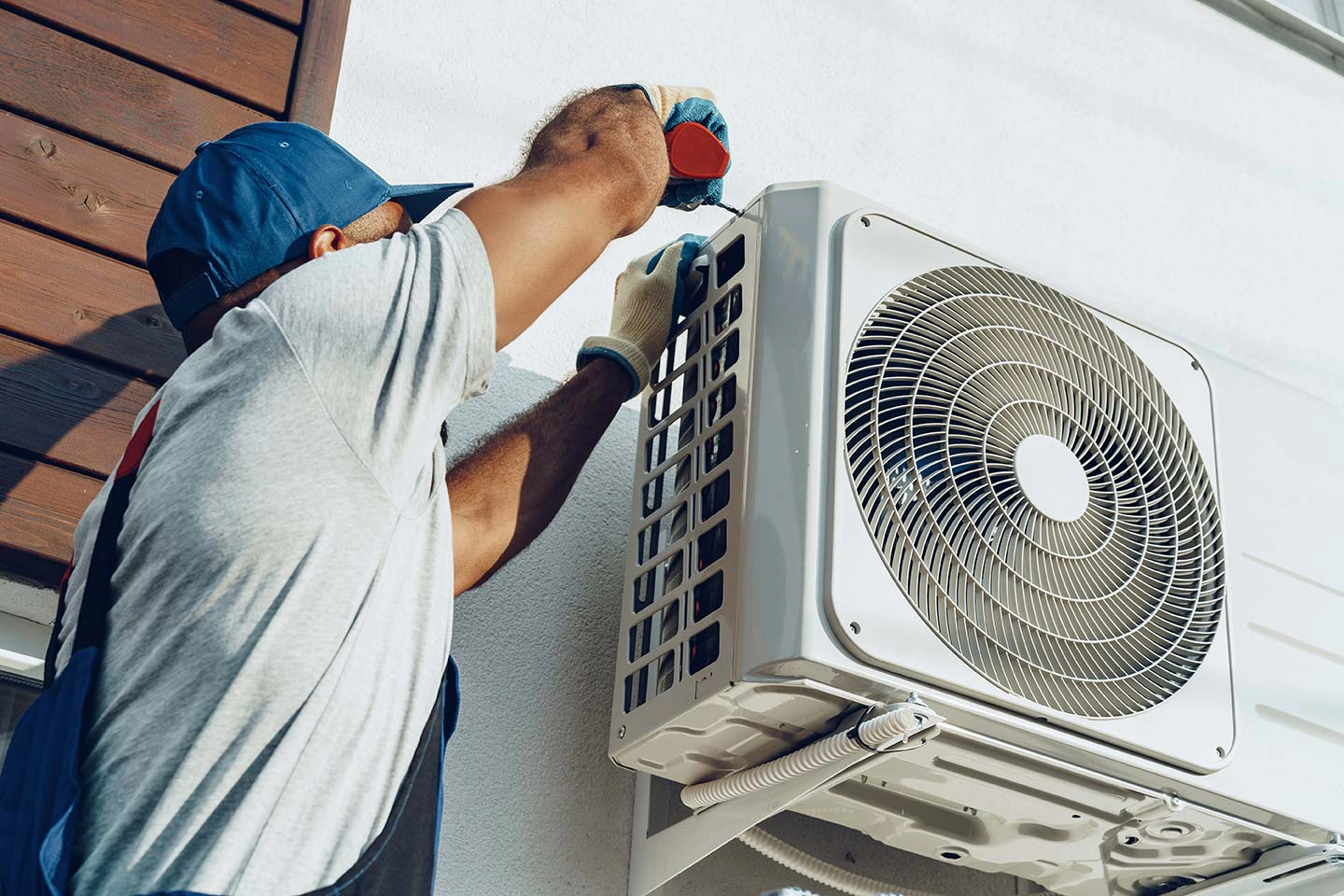Introducing Dear HOP — a candid look at the real questions our customers ask us every day and the honest answers they get from our trusted HOP Energy team. From fuel delivery to home comfort tips, this article offers practical advice based on real conversations, helping you stay informed, prepared, and comfortable all year long.
Q: What kind of financing does HOP have for a new AC or mini-split system? I need a new one and I'm not sure I can hold out until end of summer, but money is a bit tight.
A: HOP Energy offers a variety of flexible financing options and payment plans for ALL our equipment, including new AC and mini-split systems, so you can get the comfort you need without delay. Our team can walk you through payment plans that fit your budget, including zero-down and low monthly payment options for qualified customers. We recommend speaking directly with one of our knowledgeable reps, who will review your home’s needs, explain your system choices, and guide you through the financing options that work best for you. Let’s schedule a free in-home or phone consultation to get you started whenever you’re ready.

Q: I have an AC window unit now, but it’s loud and getting old and expensive. A friend recommended I replace it with a mini-split, but don’t know a lot about them. Are they a good choice?
A: Great question, and you’re definitely not alone in thinking about switching! Many homeowners are switching from old, noisy window units to modern mini-split systems because they’re much quieter, more energy-efficient, and can cool or heat specific rooms effectively. They also free up your windows, look cleaner inside your home, and help lower energy costs while keeping you comfortable. Best of all, you won’t have to go through the hassle of installing and removing your AC unit every year—mini-splits stay in place and work year-round. Plus, many of our models provide heating, giving you year-round comfort all in one system. One of our reps would be happy to take a look at your home and walk you through how a mini-split could work for your space, including system options and financing if needed.

Q: Is summertime a good time to stock up on heating oil? I don't need it right now, but are prices cheaper during summer?
A: Many customers in the Northeast do choose to stock up on heating oil during the summer because prices often tend to be lower when demand is down. While prices can still fluctuate based on market conditions, topping off your tank in the off-season can help you be prepared for fall and winter before the rush, while potentially saving on your cost per gallon. Plus, it’s one less thing to worry about when the cold weather returns!

About HOP Energy
HOP Energy is a trusted, full-service energy provider serving homes and businesses across the Northeast with reliable heating oil delivery, propane, and expert HVAC services. With a focus on local service, energy efficiency, and customer comfort, HOP Energy is here to help you stay warm, comfortable, and prepared all year long.




